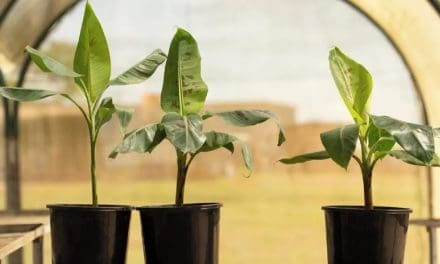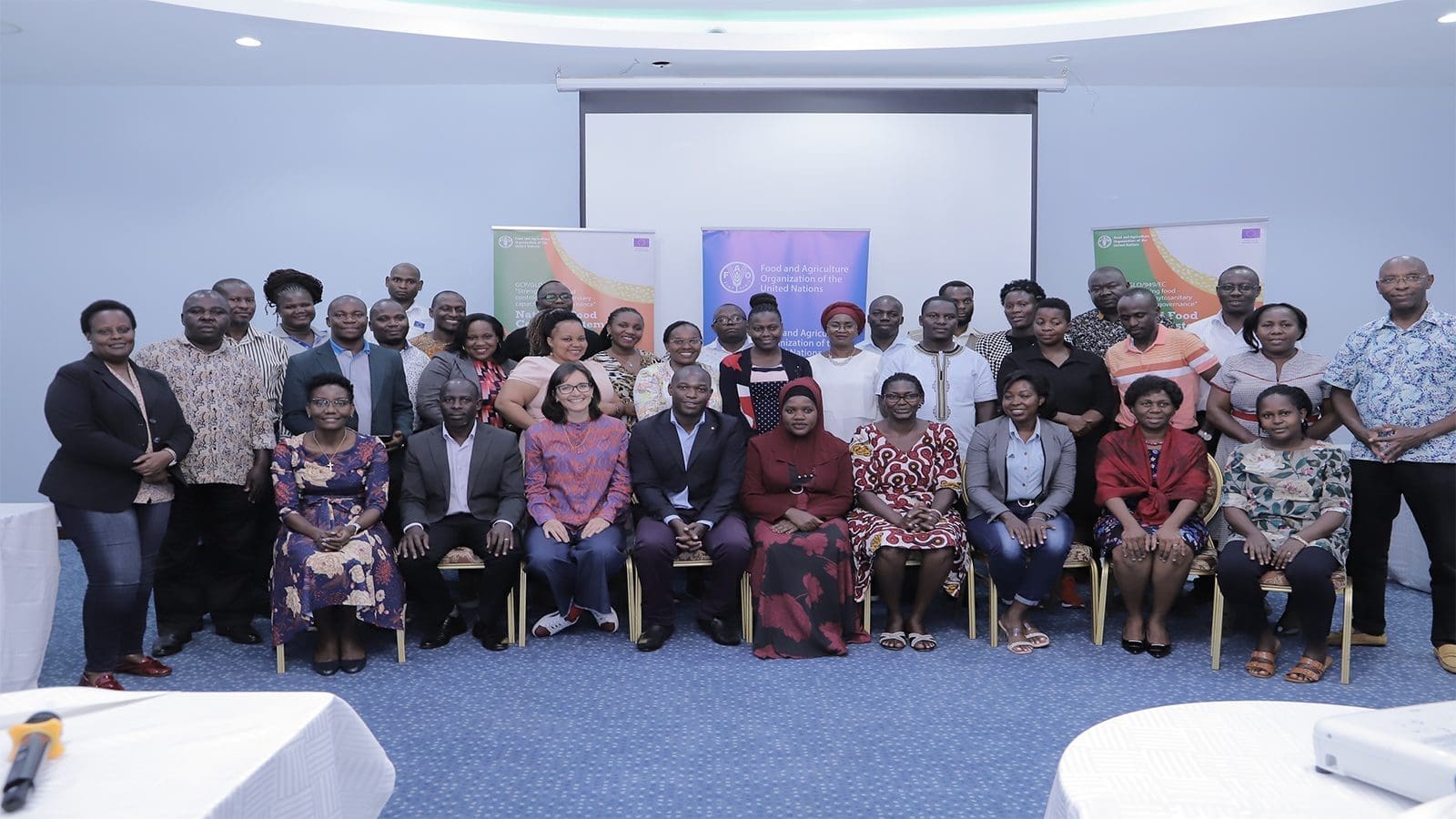PHILIPPINES – The Philippines has joined Bangladesh as the second country in the world to authorize the commercial propagation of insect-resistant Bt Eggplant.
The Philippines’ Department of Agriculture Bureau of Plant Industry (DA-BPI) gave the permit after strict and comprehensive biosafety evaluations conducted by the Joint Assessment Group comprising of representatives from Competent National Authorities-Biosafety Committees.
This was also after the Fertilizer and Pesticide Authority granted certification of the Event EE-1 (Bt Eggplant) as a Plant Incorporated Protectant (Group 11A Insecticide).
Prior to this approval for commercial propagation, the DA-BPI also approved Bt eggplant for direct use as food, feed, or for processing on July 21, 2021, affirming its safety for consumption.
Bt eggplant, an insect resistant crop, contains a natural protein from the soil bacterium Bacillus thuringiensis (Bt), making it resistant to eggplant fruit and shoot borer (EFSB), the crop’s most devastating insect pest.
This Bt protein is extremely harmless for people, animals, and other non-target insects while being highly specific to EFSB.
“The biosafety approval for commercial propagation allows us to scale up our operations and ensure the availability of the Bt eggplant seeds in the coming years,” said Dr. Lourdes Taylo, the current Lead of the Bt Eggplant Project in the Philippines.
Scientific research has demonstrated that Bt eggplant is not only safe for consumption, but also for the environment.
According to a 2016 study conducted in the Philippines on the effects of Bt eggplants on non-target insects, EE-1 eggplant is unlikely to present larger environmental dangers when grown in open fields than non-Bt eggplant is.
According to the study, Bt eggplant can significantly lessen the need for conventional insecticides and be a crucial part of an Integrated Pest Management (IPM) program, particularly one for EFSB.
Ex-ante socio-economic studies done in the Philippines previously predicted that growing Bt eggplant would result in lower production costs and, as a result, up to three times higher net farm incomes because of the combined effects of significantly lower pesticide use and higher yields of marketable fruit.
With funding support from USAID (through the Agricultural Biotechnology Support Project II and Feed the Future Eggplant Improvement Project), the Department of Agriculture-Biotechnology Program Office, and the Bureau of Agriculture Research, the Bt Eggplant Project in the Philippines began in 2003 as a public-private partnership engagement between the Institute of Plant Breeding of UPLB, Mahyco Pvt Ltd, and Cornell University.
The Southeast Asian Regional Center for Graduate Study and Research in Agriculture, the International Service for the Acquisition of Agri-Biotech Applications, the UPLB College of Agriculture and Food Science, and the UPLB Foundation Inc. also provided funding for this study.
For all the latest food safety news from Africa and the World, subscribe to our NEWSLETTER, follow us on Twitter and LinkedIn, like us on Facebook and subscribe to our YouTube channel.








